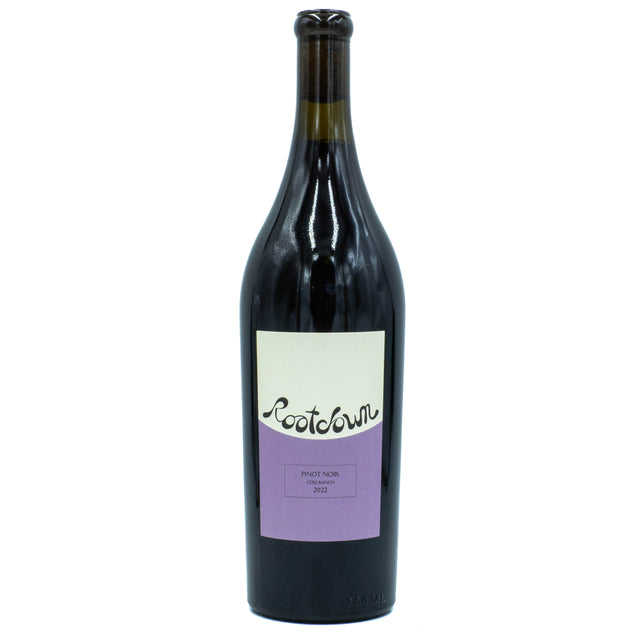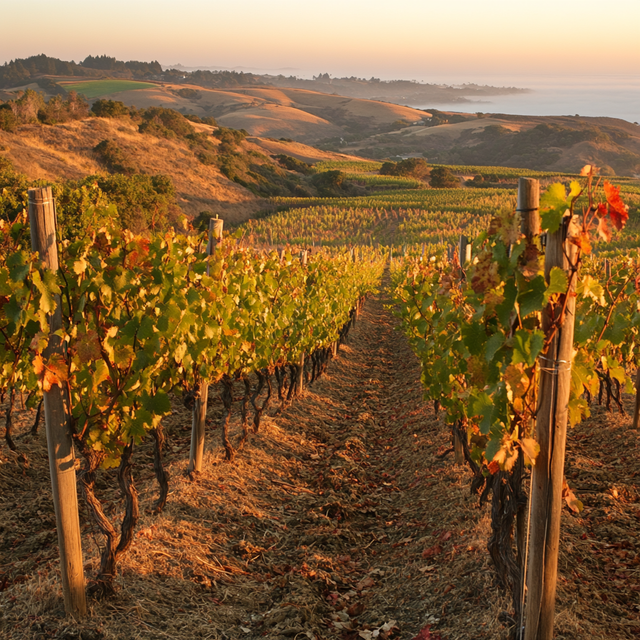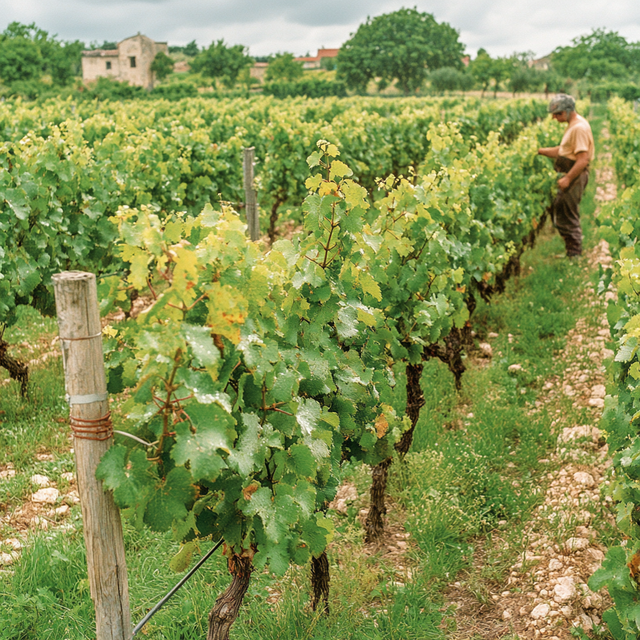This region includes wines labeled "North Coast", which are often blends including Sonoma and Napa counties. This expansive area encompasses established regions like Mendocino and Lake Counties, as well as newer vineyard sites pushing towards the Oregon border. Mendocino County is known for its varied climates, from the Anderson Valley's cool, fog-influenced areas ideal for Pinot Noir and sparkling wine, to warmer inland spots. Lake County, further inland, offers volcanic soils and a warmer climate suitable for Cabernet Sauvignon and other varieties. Beyond these, even more northerly locations are being explored for their unique terroir, contributing to the evolving identity of California's northern wine production.
California - North Coast & Far North
Pinot Noir is a thin-skinned, notoriously difficult-to-grow, low-yielding grape that finds its ancestral home in Burgundy, France, where it produces some of the world's most elegant and nuanced wines. While Burgundy remains its spiritual heartland, Pinot Noir has since traveled the globe, finding success in other cooler climates, notably in California, Oregon, New Zealand, and Germany. This grape is a challenge for any grower, as it requires specific conditions to show its best, and yet the wines it produces are capable of such a captivating and singular character.
Pinot Noir
Practicing Organic vineyard farming involves growing grapes using organic methods—avoiding synthetic fertilizers, herbicides, pesticides, and fungicides—but without formal certification. Wineries adopting this approach prioritize environmental health, soil vitality, and biodiversity, using natural practices such as composting, cover cropping, and manual pest control. Many small wineries opt for practicing organic methods rather than pursuing official organic certification, primarily due to the significant cost, paperwork, and time commitment involved in certification processes. As a result, practicing organic is a popular choice among boutique and artisanal producers who remain committed to sustainable agriculture while managing budgetary constraints.





